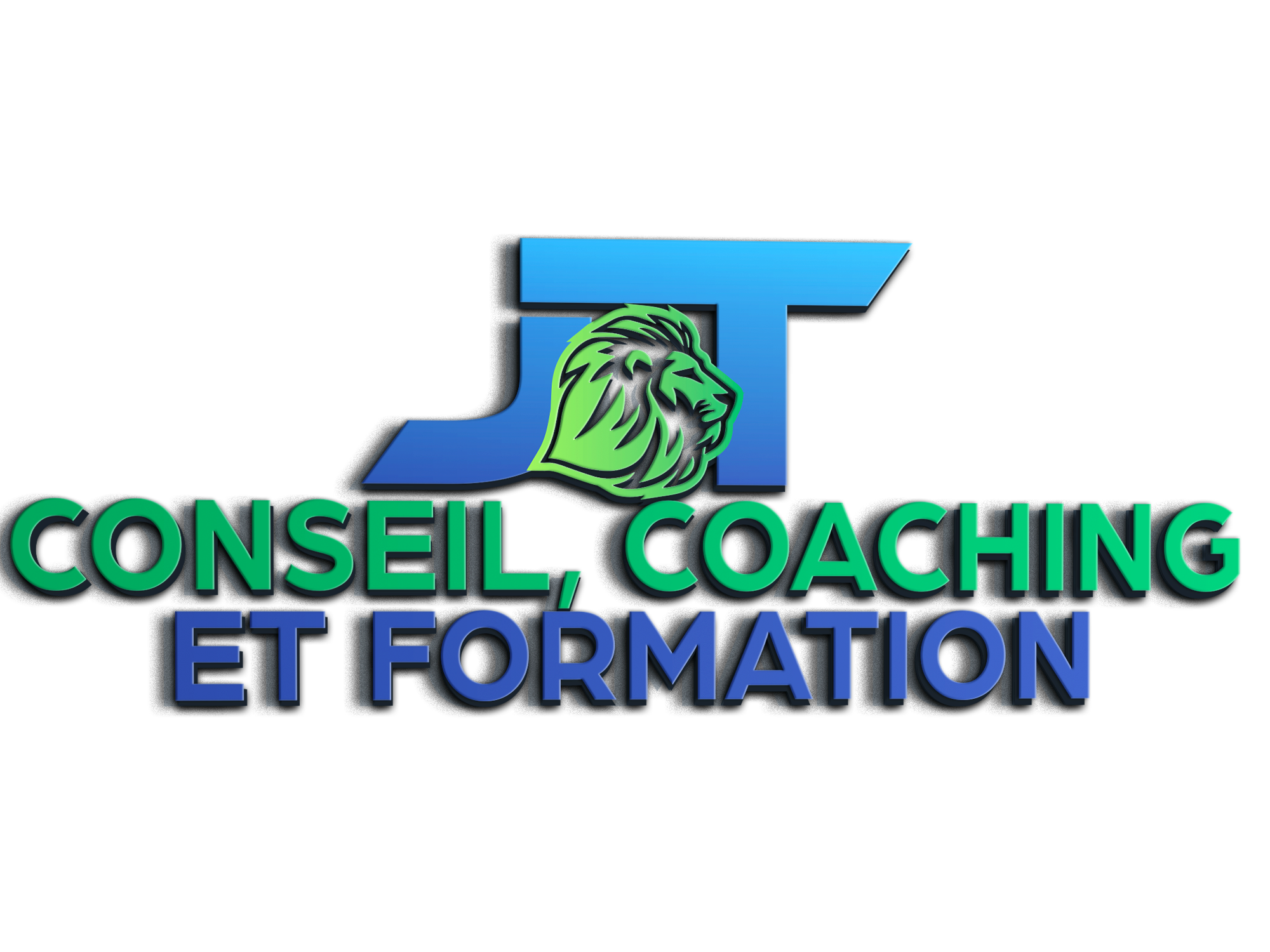« The best things that happen in companies world are not the result of the work of one man. It’s the work of a whole team ». Steve Jobs.
Technological advances and the effects of globalization are forcing companies to make changes to remain competitive. These constant changes result in hostile and amicable mergers and acquisitions, joint ventures or collaboration agreements, and have changed the needs in terms of skills and talent. Training and teamwork are also reviewed.
Coaching aims to support the organization and its teams to reduce the risk of failure and increase the chances of success.
What is team coaching?
A team is a group of people working together to achieve a common goal. These people create connections by sharing ideas and values that motivate them to walk together and accomplish their tasks.
Team coaching aims to accompany a team to develop their relationship with others, and to develop their organization and solve problems in their joint project.
The competitive environment, changes in managerial practices, intercultural challenges due to mergers of companies from different horizons and offshoring are some of the challenges that require a rapid and effective adaptation capacity on the part of employees. These changes are easier to overcome thanks to team synergies [1] .
By working together and observing each other, team members discover harmful and unproductive behaviors as well as strengths to enhance performance [2]. Performance is achieved by implementing a strategy. unique, made possible by the knowledge of the team members and a relevant division of tasks and sub-objectives.
Peter Senge sees the team as the key learning unit of organizations. According to him, the definition of team learning is: « a process of alignment and capacity development » [3] This search for performance is accompanied by the overcoming of individuals in their objectives, which makes them leads to finding satisfaction in their work and to being realized as individuals in a team.
What is the role of the coach?
The coach must reconcile the new conception of individualism with teamwork.
The progress of individualism manifests itself in a greater expression of individual freedom, but results in a conception of the notion of responsibility which is also individual and can therefore impair the ability to work as a team within a company. . This individualism can also translate into a desire not to interfere in the affairs of others and simply to deal with what affects the individual personally.
The coach must skillfully juggle between the different needs accompanying individuals. In some cases, it must accompany them to understand that they can combine their need for autonomy and even gain autonomy if they share more of their knowledge with the group, insofar as it will allow a subdivision of tasks even more. effective.
The importance of relational work
Team coaching is based on relationship work. The person needs to be known by the group members, use their skills and give their opinion. The coach must take care to respect and motivate the expression of each other and eliminate blockages to reveal a common vision that will be followed by all.
Team coaching usually spills over into the coaching of the organization. The dysfunctions of the team have deeper roots in the organization that affect the entire system. [4] Thus, team coaching must also intervene. to set up and improve processes and operational modes.
Collective competence
Teams have group-specific operational know-how that allows them to perform beyond the reach of a single individual and above the sum of individual skills. Working together and professional exchanges contribute to the creation of a collective competence.
The sharing of intelligence, knowledge and experiences combined with the process of co-construction energizes collective intelligence. The company then becomes truly learning and performing [5] .
Factors that justify collective work
Three important factors show us that collective work is on the agenda:
- The environment is unstable with reduced deadlines, pressures and risks that force employees to coordinate their efforts to succeed.
- The increased use of digital technologies requires dematerialized and virtual collective operations.
- Situations requiring the interaction of individual skills are increasing, for example during mergers and acquisitions, to adapt to new processes, and because of changing managerial practices and skills [6] .
Methodology of team coaching
This is to establish a contract in two phases:
- A diagnostic phase to identify the demand and readjust the intervention framework.
- A support phase, particularly through workshops and meetings.
Tools for team coaching
- Basic tools like open questions and reformulation.
- Tools that allow you to distance yourself from communication, including feedback, debriefing and action planning meetings.
- The team building that improves the cohesion, motivation and functioning of the team.
- Team development through the use of team questionnaires.
Conclusion
Coaching seeks efficiency to improve performance. However, looking for performance at any price can lead to a crisis because of the extreme means put in place. This crisis could weaken individuals and organizations [7] .
Team coaching should not reinforce the symptoms of organizational dysfunctions that it is supposed to fight by conveying an exacerbated performance ideology. The coach must have a thorough knowledge of the organization. It is indeed a team coaching carried out as part of a tripartite contract, between the coach, the team and the system of the organization. The coach has to understand the client’s system, at the risk of becoming a subject of this organization [8] . Team coaching is therefore essential but the coach must be careful and keep in mind the principles of independence and ethics that guide his work.
[1] Amar, P., Angel, P. « Coaching » – Presses Universitaires de France / Humensis, 2017.
[2] Cardon, A., (2009). Team coaching, Eyrolles.
[3] Melo, M. « The 5th discipline: tips and tricks of field guide » Human Resources Management / Doc GRH_R0302_v01: Cross Readings, March 2003, p. 9
[4] Vergonjeanne, F. « Coacher groups and organizations ». InterEditions 2015
[5] Back, D. and Krohmer, C. 2006. Collective Competence Key Link in Skills Management FACEF PESQUISA – número especial – 2011
[6] Defélix, C., Le Boulaire, M., Monties, V., Pick, T. « Collective competence in the context of globalization of management: finding the link with performance » @GRH 2014/2 (n ° 11)
[7] Roux-Dufort, C. (2004), « The antechamber performance of the crisis » in Heilbrunn B. (Dir.), The performance, a new ideology ?, The Discovery, Paris, pp.144-164
[8] American Psychological Association (APA), Coller-Peter, D. v. (2016). Coaching Leadership Teams: Getting Organizational Culture Aligned. Randburg: KR Publishing.

